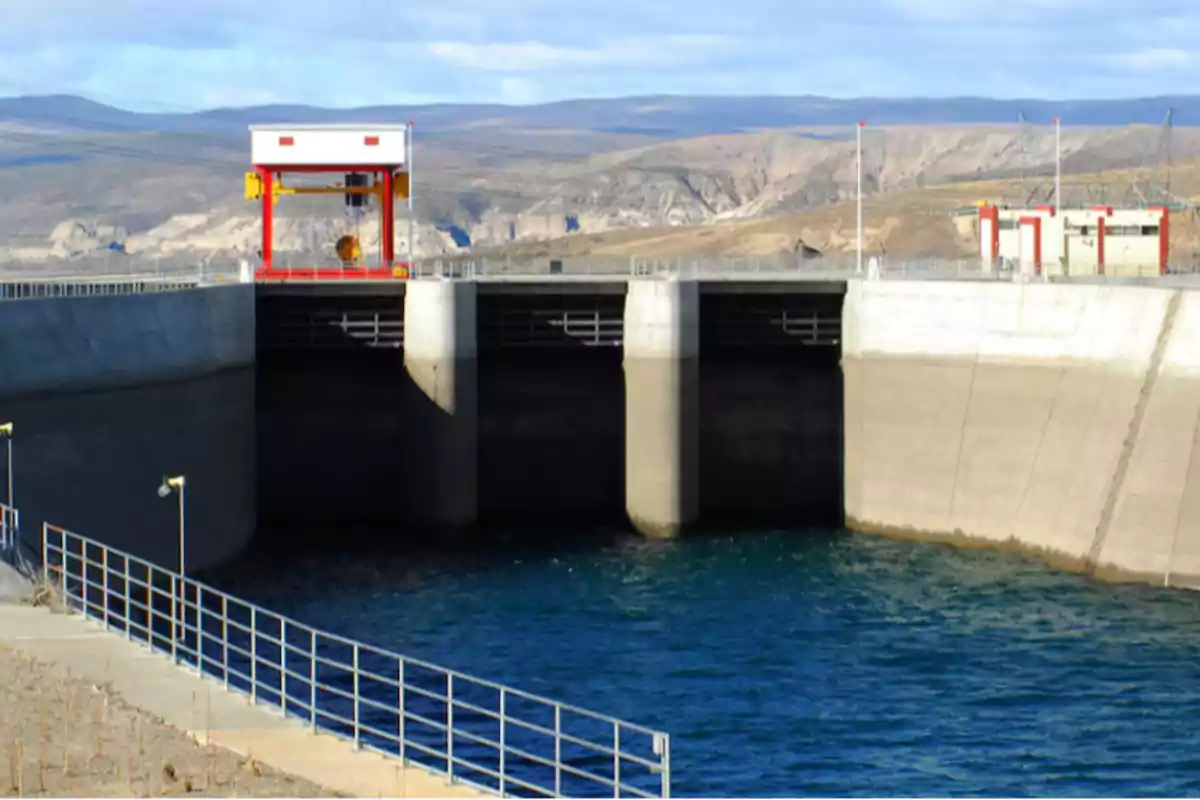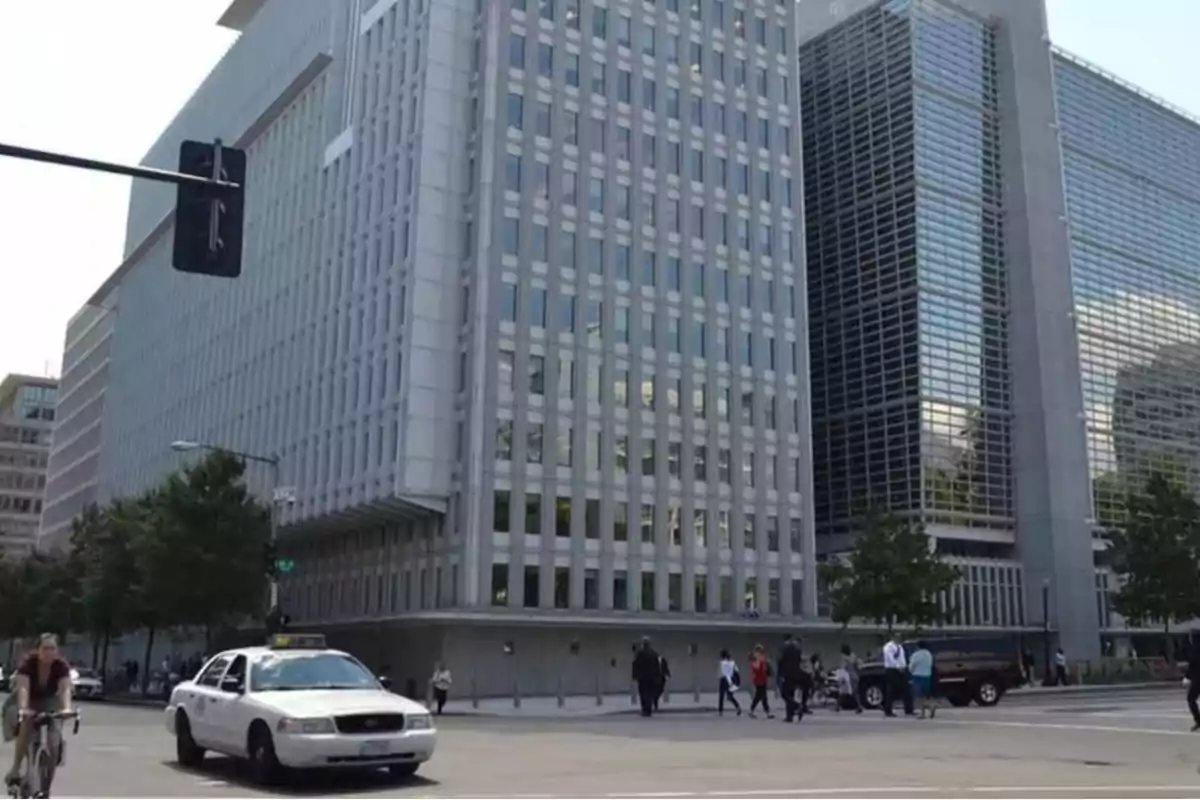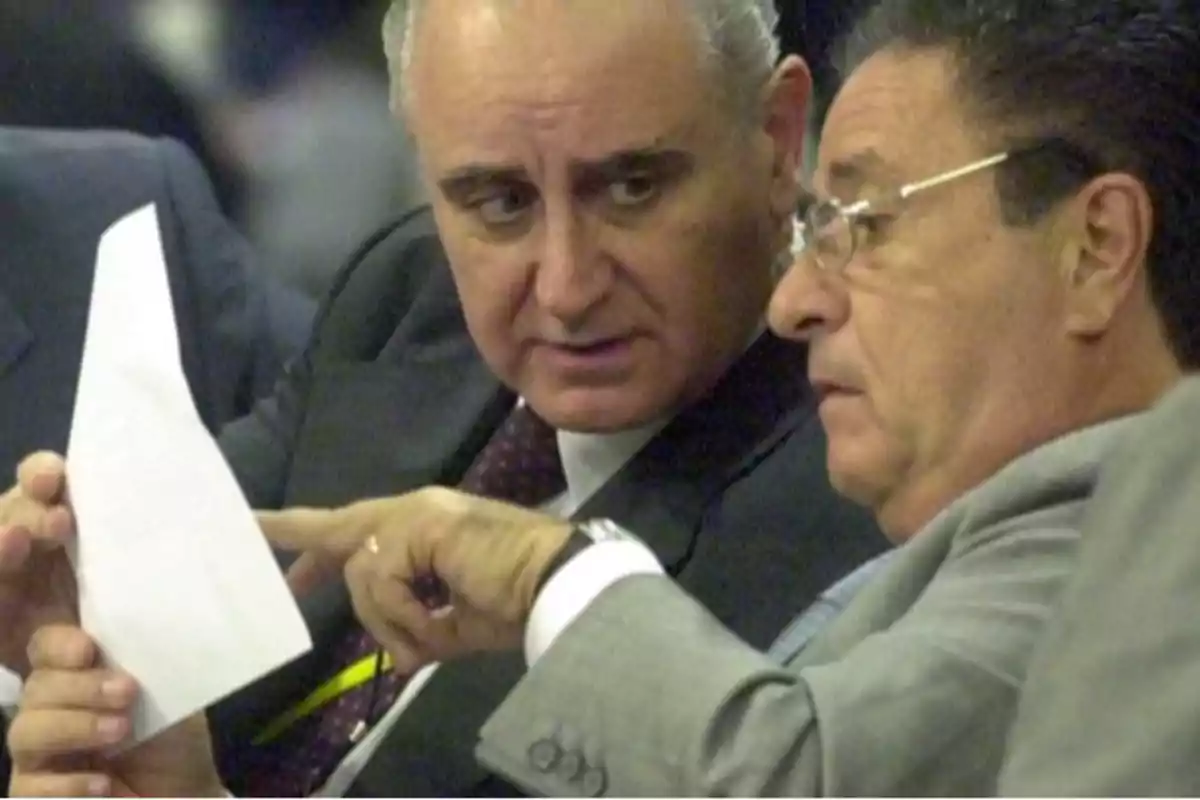
ICSID orders the country to pay USD 732 million for the asymmetric pesification of 2002
The conversion of energy contracts to pesos continues to generate legal and economic consequences abroad
American company AES filed a lawsuit in a Washington court with the aim of enforcing an ICSID ruling that requires Argentina to pay USD 732 million.
The claim is related to the conversion of the contracts of the Alicurá hydroelectric dam into pesos, and the judicial measure represents a new international front for Javier Milei's government.
AES demands compliance with an ICSID ruling over the conversion of contracts into pesos
The legal request was revealed by Sebastián Maril, CEO of Latam Advisors. The lawsuit seeks for the U.S. Court to recognize the ruling issued in May by the International Centre for Settlement of Investment Disputes (ICSID), a tribunal under the World Bank.
AES had originally claimed USD 1.814 billion, an amount that with interest could have risen to USD 2.5 billion. Ultimately, the tribunal set the compensation at USD 732 million.

A conflict originating from the end of convertibility
The case dates back to the Argentine State's decision to unilaterally modify the contractual conditions of the Alicurá dam concession, located on the Limay River, between Neuquén and Río Negro.
This modification, after the end of convertibility in 2001, involved the conversion into pesos of revenues that were originally set in dollars, which caused losses for the concessionaires.
AES formalized the claim before ICSID on December 19, 2002, after considering that all local judicial avenues had been exhausted. It did so under the Bilateral Investment Treaty between Argentina and the United States, signed in 1991, which allows ICSID intervention in disputes of this kind.

What could happen now with the ruling in the U.S. courts
According to Maril, if the Washington Court accepts the recognition of the arbitral award, Argentina will probably appeal. "It will use the same strategy as always," the analyst anticipated. He also noted that it may take years for the enforcement to be carried out, since it will be necessary to identify assets in U.S. territory, request their seizure, and obtain the corresponding judicial approval.
"The process is designed to force a negotiation," Maril stated. In this regard, Maril did not rule out that Milei's government could use the privatization of energy companies or even the Alicurá concession itself as part of the payment.
More posts: